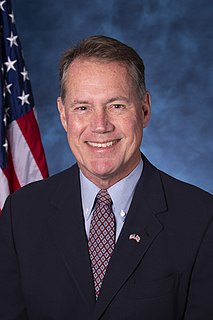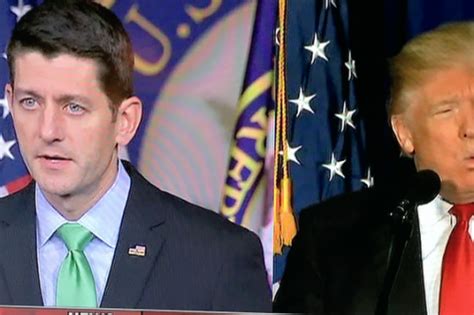A Quote by Ken Livingstone
My political beliefs are my moral, quasi-religious framework.
Related Quotes
[T]he central problem of government is a religious one; and anyone who assumes that he can form his political beliefs without consulting his ethics, which have their basis in religious conviction, is deceiving himself either about the true nature of government or his moral responsibility for his actions
The brain is a stubborn organ. Once its primary set of beliefs has been established, the brain finds it difficult to integrate opposing ideas and beliefs. This has profound consequences for individuals and society and helps to explain why some people cannot abandon destructive beliefs, be they religious, political or psychological.
All my life I have made it a rule never to permit a religious man or woman take for granted that his or her religious beliefs deserved more consideration than non-religious beliefs or anti-religious ones. I never agree with that foolish statement that I ought to respect the views of others when I believe them to be wrong.
There ought not be two histories, one of political and moral action and one of political and moral theorizing, because there were not two pasts, one populated only by actions, the other only by theories. Every action is the bearer and expression of more or less theory-laden beliefs and concepts; every piece of theorizing and every expression of belief is a politcal and moral action.
There is a place in this world for satire, but there is a time when satire ends and intolerance and bigotry towards religious beliefs of others begins. Religious beliefs are sacred to people and at all times should be respected and honored. As a civil rights activist of the past 40 years, I cannot support a show that disrespects those beliefs and practices.
Democracy, taken in its narrower, purely political, sense, suffers from the fact that those in economic and political power possess the means for molding public opinion to serve their own class interests. The democratic form of government in itself does not automatically solve problems; it offers, however, a useful framework for their solution. Everything depends ultimately on the political and moral qualities of the citizenry.


































